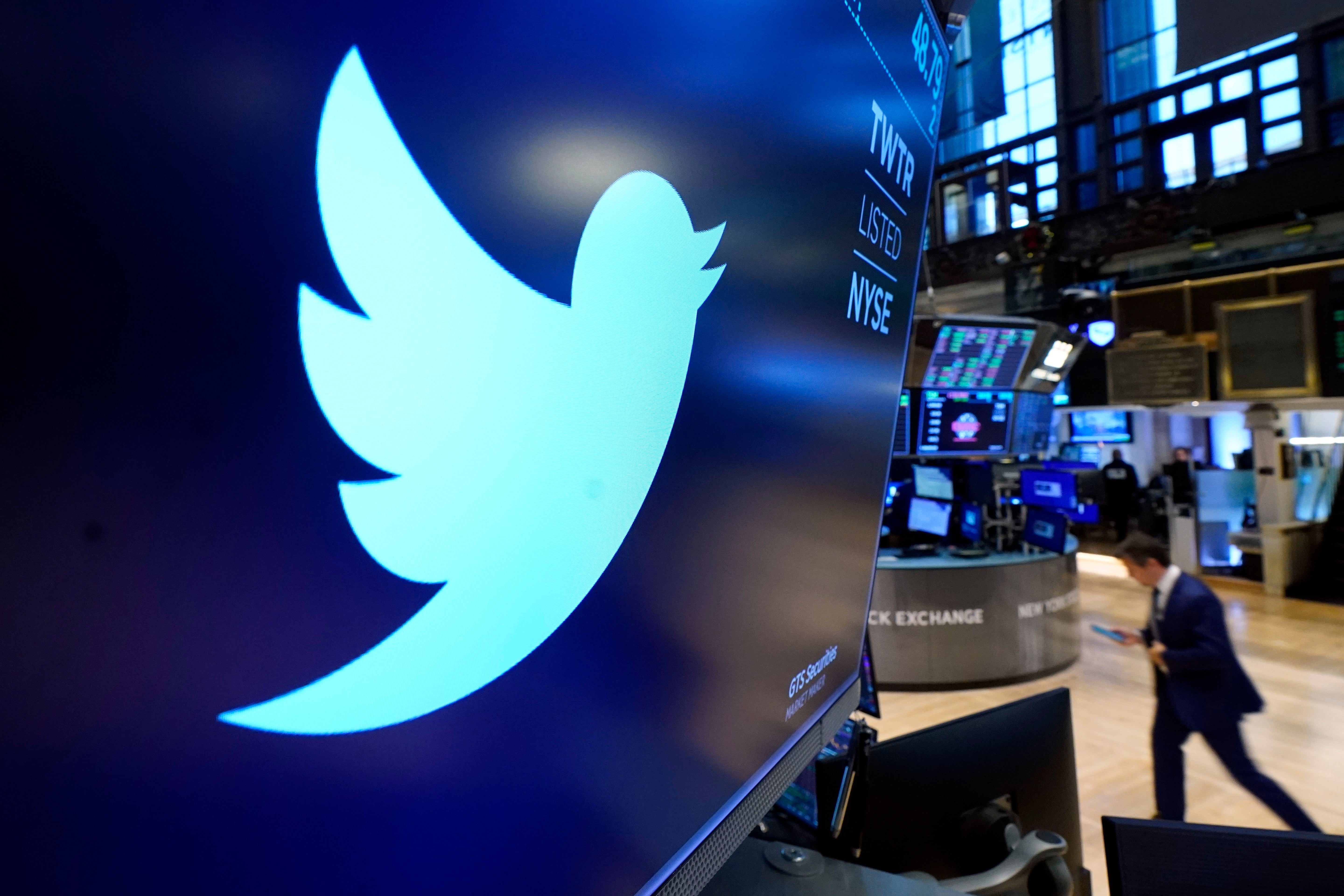Twitter may let other companies control what users see on their timeline
Twitter says the custom feeds could ‘run parallel to the Home timeline and appear on a separate tab’

Twitter appears to be testing a new method that will allow third-parties to curate users’ timelines.
Spotted by app researcher Jane Manchun Wong, the customised timelines would display content based on interests and events.
Some of these new timelines would be created by external companies, while others would be created by Twitter.
“The Popular Videos Timeline created by Twitter uses similar information to how we select topics to populate and order video content,” the company said in its test page.
“These custom feeds run parallel to the Home timeline and appear on a separate tab after you adopt the themed Timeline from a prompt. Easily switch between tabs for more control of your Twitter experience as you deep-dive into the content that interests you most”.
Twitter did not respond to The Independent’s request for comment before time of publication.
Twitter has been attempting to decentralise control of its timeline for some time. Twitter’s ‘Bluesky’ project remains a mystery, but the best example from a competing service is Mastodon – a social network which is comprised of individual or community-run servers. This allows certain servers to create their own rules, including managing what speech is or is not allowed on the platform.
In 2019, Twitter’s former chief executive Jack Dorsey said this would benefit the company by allowing it to “access and contribute to a much larger corpus of public conversation, focus our efforts on building open recommendation algorithms which promote healthy conversation, and will force us to be far more innovative than in the past.”
This would also leave Twitter less responsible for what people post on its platform, building its value more on its recommendation algorithm – and possibly access to third-party algorithms via its client – rather than its content.
Twitter only decided on who would lead Bluesky in August 2021 – startup founder and cryptocurrency developer Jay Graber.
Efforts to decentralise social networks could “structurally change the balance of power in favour of users by giving them the ability to change services easily and control their identity and data,” Mr Graber said in a blog post in January 2020.
Join our commenting forum
Join thought-provoking conversations, follow other Independent readers and see their replies
Comments
Bookmark popover
Removed from bookmarks